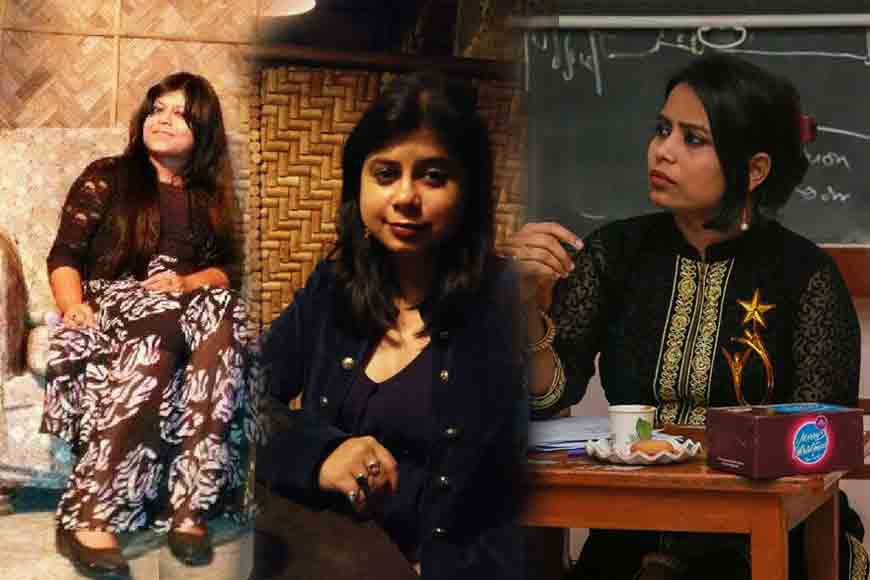Can poetry bring a social movement in Kolkata again?

Rhythm Divine Co-founders and Co-ordinators, Anindita Bose, Sufia Khatoon and Jagari Mukherjee speak to GB
• How receptive you think the audience of Bengal/Kolkata is towards poetry compared to other states of India?
Reception towards poetry in Kolkata is the best in India. Cities like Mumbai and Pune, have a greater bias towards theatre. The platform and exposure that poets get in Kolkata is simply amazing.The past three years of organising poetry events in Bengal have taught us one thing --- anything that is done with determination yields worthy and appreciating response. In bits and pieces, previously poetry was there, where poets kept poems to themselves only to be read by a few. But now it’s like a flowing river where poems are born throughout the season. Poets meet and discuss and inspire each other. And the best part about this revolutionary comeback of poetry is that it has been able to unite the area of expression and acceptance among masses. Here, audience value written words and have developed tremendous liking towards this art form. So poetry has the scope of building Bengal’s growing literary taste in future.
• Do you think movements like WE help women empowerment? If so, how?
Absolutely. Every movement, from the Women’s Suffrage Movement to the Second Wave of Feminism in the 1960s, resulted in giant steps forward towards women empowerment. These movements raise awareness about multifarious aspects of inequality faced by women, and seek to address those through various initiatives.WE is a global movement, where each state in each country is coming together in bigger and smaller platforms, pulling in local talents to raise their voice against social anarchy towards women. This movement is the answer that something is being done to break the chain of abuses and violence, thus progressing towards gender sensitization and equality.
• What kind of acceptance towards poetry do you find in schools and colleges?
In India, the acceptance rate is better in schools than in colleges, because children, in general, are more receptive and willing to explore their creative side. Most college students are worried about carving out a career for themselves, and unfortunately, many don’t think that poetry is important enough. It is up to the present generation of poets and poetry-lovers to change this perception. However, in colleges, Slam Poetry form is growing like a storm where students are experimenting with new theatrical forms and expressions to voice their opinions and concerns. It is strange that in board exams they have reduced the number of poems.
• How do you all think reading books, especially poetry books can be inculcated among the present generation?
Poetry is an intrinsic part of us, from our mothers’ lullabies to the nursery rhymes we learn at school. Children should be encouraged to read as much as they can, perhaps through fun tools like interactive books and reading apps. Further, trips to the library and the bookstore must be a part of family outings. When a child is older, he or she can be gifted poetry books.
• Do you think poetic justice can address the various injustices of the society?
Poetic justice holds up an ideal picture of how things should be – virtue should be rewarded and vice must be punished. In Literature and Cinema, poetic justice is immensely satisfying and can also be useful for moral instruction. Real life is more complicated than that, and the process of addressing various injustices of society is an ongoing one. Social injustice can definitely be fought with poetry and pen, our thoughts then should be focused on building things.Poetry alone may not bring reformation in society, but authors and poets can by coming forward, spread warmth and positivity of thoughts and in the process connect people to one another. Injustice happens when insecurities play a major role and poetry can definitely give confidence and solace to both poets and readers.










